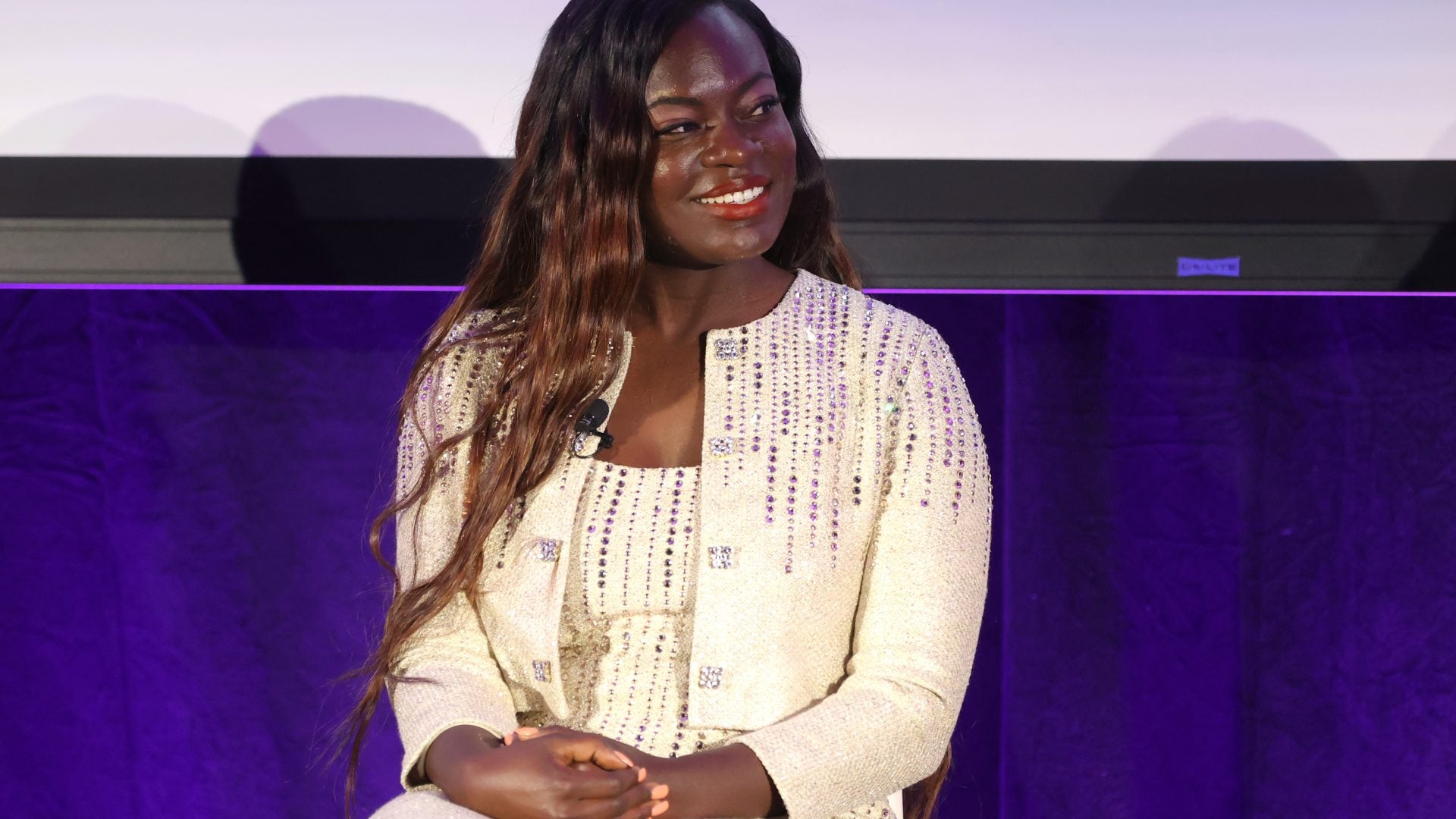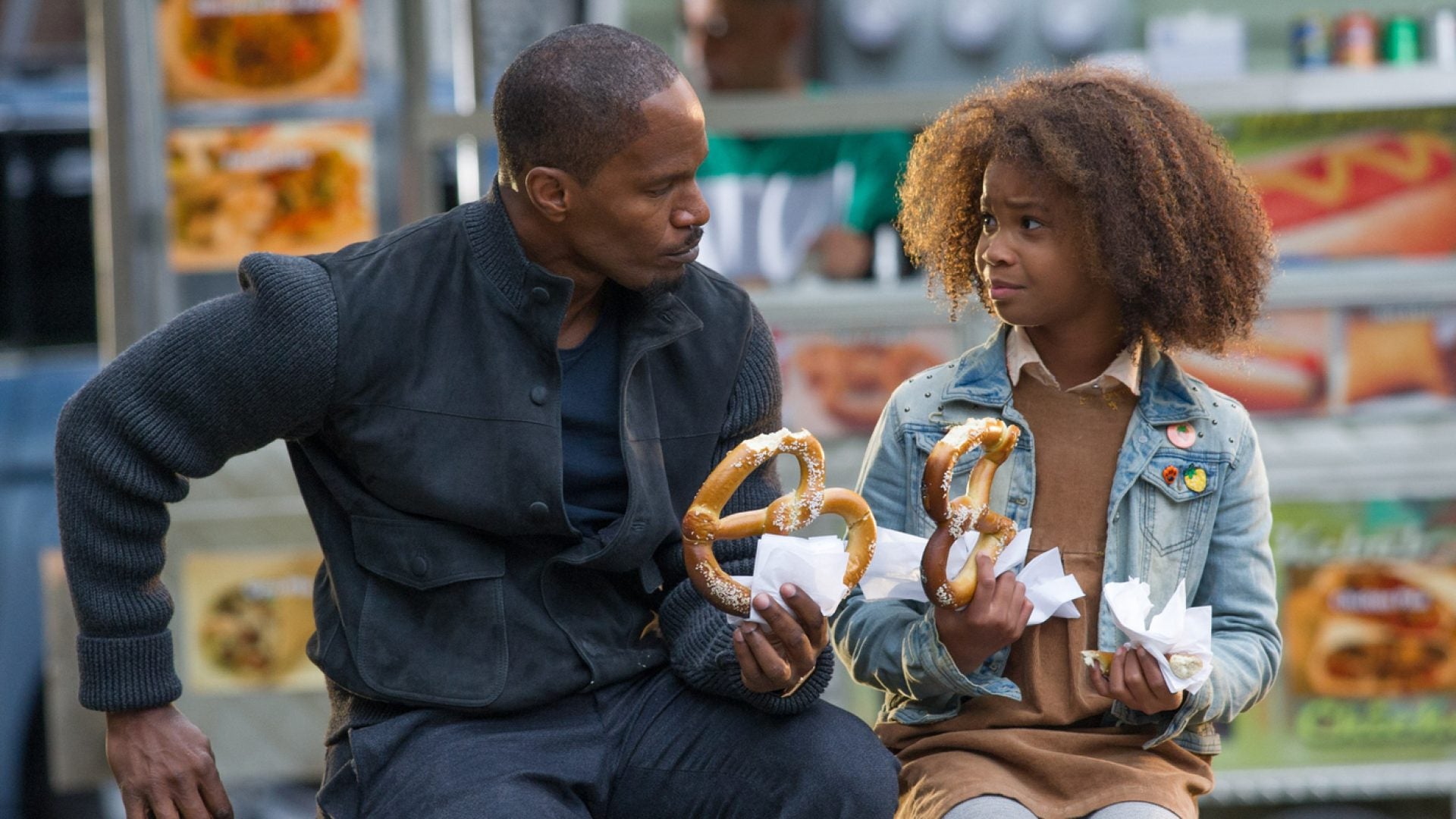
Dr. Raven Baxter is an accomplished molecular biologist and was ecstatic when she found her dream home, a condo in Virginia Beach on a hill near the ocean. Priced at just under $750,000 it was within Baxter’s budget, and she submitted a down payment after her offer was accepted. But then there was a glitch during the escrow process.
On Friday May 17, Baxter received a call from her broker Bill Loftis, who alleged that the seller, an 84-year-old white woman Jane Walker, “doesn’t want to sell the home to you, and it’s because you’re Black.”
Astonished and shocked, Dr. Baxter went public, sharing her story on social media to draw “attention to bias that continues to plague the housing industry, and the laws that are supposed to prohibit discrimination,” The New York Times reports.
According to a 2024 Snapshot of Race and Home buying in America report from the National Association of Realtors, a professional organization for Black realtors, while the Black homeownership rate has been increasing, “it has not matched the pace of growth seen in other racial/ethnic groups. The Black homeownership rate remains below 45%, well below the rate of any other group.”
In addition, the disparity between Black and white homeowners is higher than it was ten years ago, and “[a] Black loan applicant in the United States is more than twice as likely to be denied a home mortgage as a white applicant.”
There are two federal laws in place barring discrimination during the homebuying process: the Civil Rights Act of 1866 and the Fair Housing Act of 1968. But even though redlining was outlawed over 50 years ago, racial discrimination continues to plague the housing industry.
Following advice she received via comments on her post, “Dr. Baxter filed a claim of discrimination with the Virginia Fair Housing Office and the U.S. Department of Housing and Urban Development. She also reached out to a civil rights attorney.”
“Had I not gone to Twitter and received help from people who knew what they were doing, I would have been panicking the entire weekend,” stated Baxter. “It was my first time buying a house. I knew my civil rights were being violated. I knew that something illegal was happening, but no one knew what to do.”







It does appear that the public pressure helped, and Baxter is set to close on her home at the end of the summer. Baxter still has the ability to take legal action given that her rights were violated.
Legal Analyst Ed Booth talked local outlet 13News Now about Baxter’s legal standing. “On the basis of race, that’s a violation of both Virginia law and federal law,” said Booth. “In both, there is a civil cause of action that’s built in that allows for compensatory damages, punitive damages and shifting attorney fees. That’s built into the federal and state law.”
Unfortunately, Baxter is not alone dealing with an unfair home buying process. During the 2024 fiscal year, the Virginia Fair Housing Office has conducted 316 investigations of complaints. Approximately 20% of these complaints originated in the Tidewater region where Virginia Beach is located.





